12 Underrated Foods Packed with Essential Vitamins and Minerals
In the realm of nutrition, the spotlight often shines on superfoods like kale or quinoa, but beneath the surface lies a treasure trove of lesser-known yet equally formidable contenders. These hidden powerhouses are not only packed with essential vitamins and minerals but also boast a delightful culinary appeal. As we embark on this journey of discovery, we will explore twelve such foods that, despite their modest reputations, are brimming with nutritional excellence. Our exploration will reveal the vital nutrients they offer, their health benefits, and how they can be seamlessly integrated into your diet for optimal health. This comprehensive guide aims to elevate your understanding of nutrition, offering insights that empower you to make informed dietary choices. Let’s delve into the world of these 12 unsung heroes and uncover the secrets they hold.
1. The Mighty Moringa: A Nutritional Powerhouse
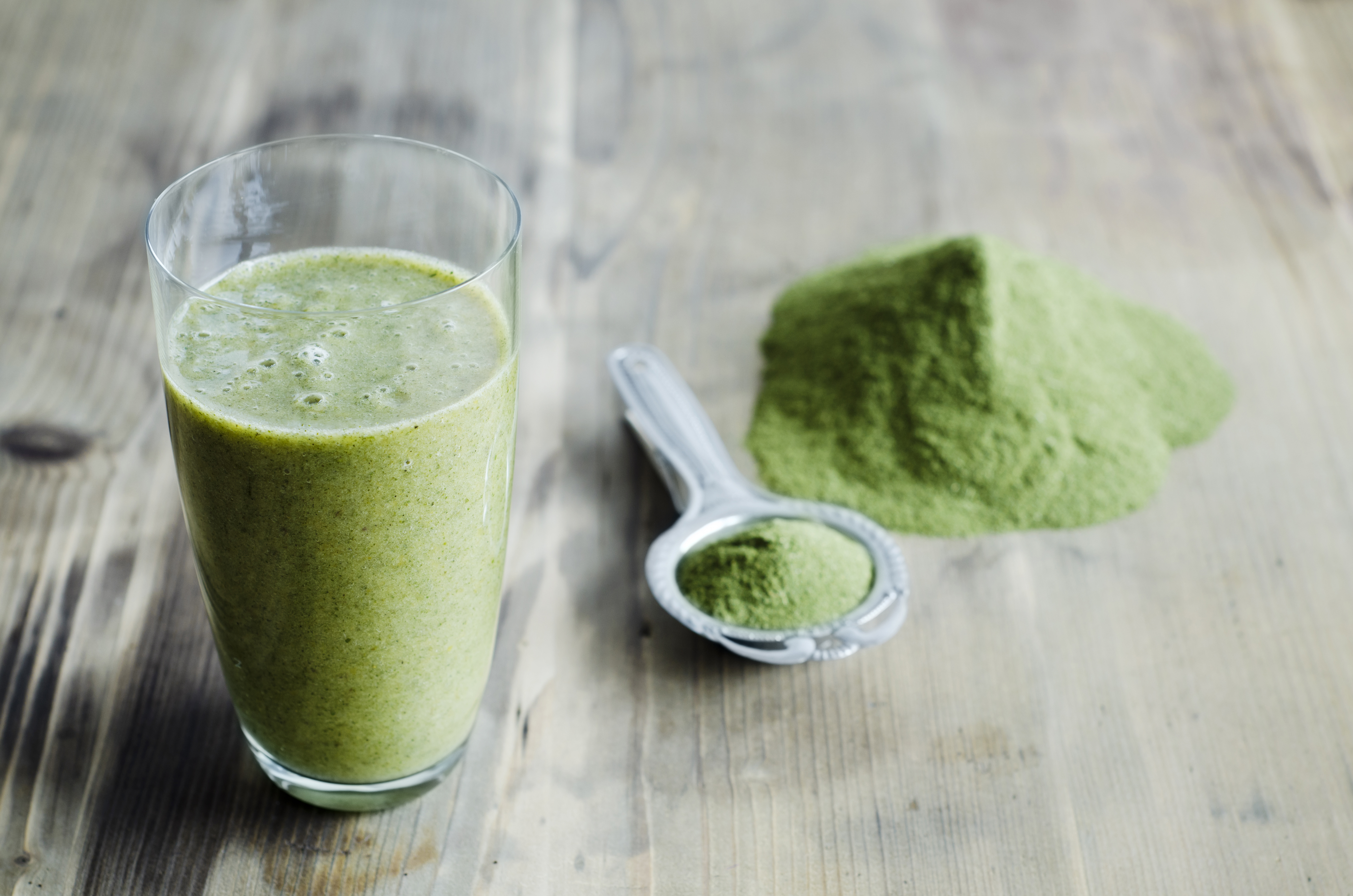
Moringa, often referred to as the "miracle tree," is an extraordinary plant whose leaves are teeming with nutrients. Native to parts of Africa and Asia, moringa is rich in vitamins A, C, and E, which are essential antioxidants. These vitamins play a crucial role in protecting cells from oxidative stress, thereby reducing the risk of chronic diseases. Furthermore, moringa leaves are a potent source of calcium, iron, and protein, making them an excellent dietary supplement for vegetarians and vegans. The plant’s anti-inflammatory properties have been linked to improved heart health and reduced symptoms of arthritis. Moringa can be consumed in various forms, including powders, teas, and capsules, making it easy to incorporate into daily meals.
2. Spirulina: The Blue-Green Algae with a Punch
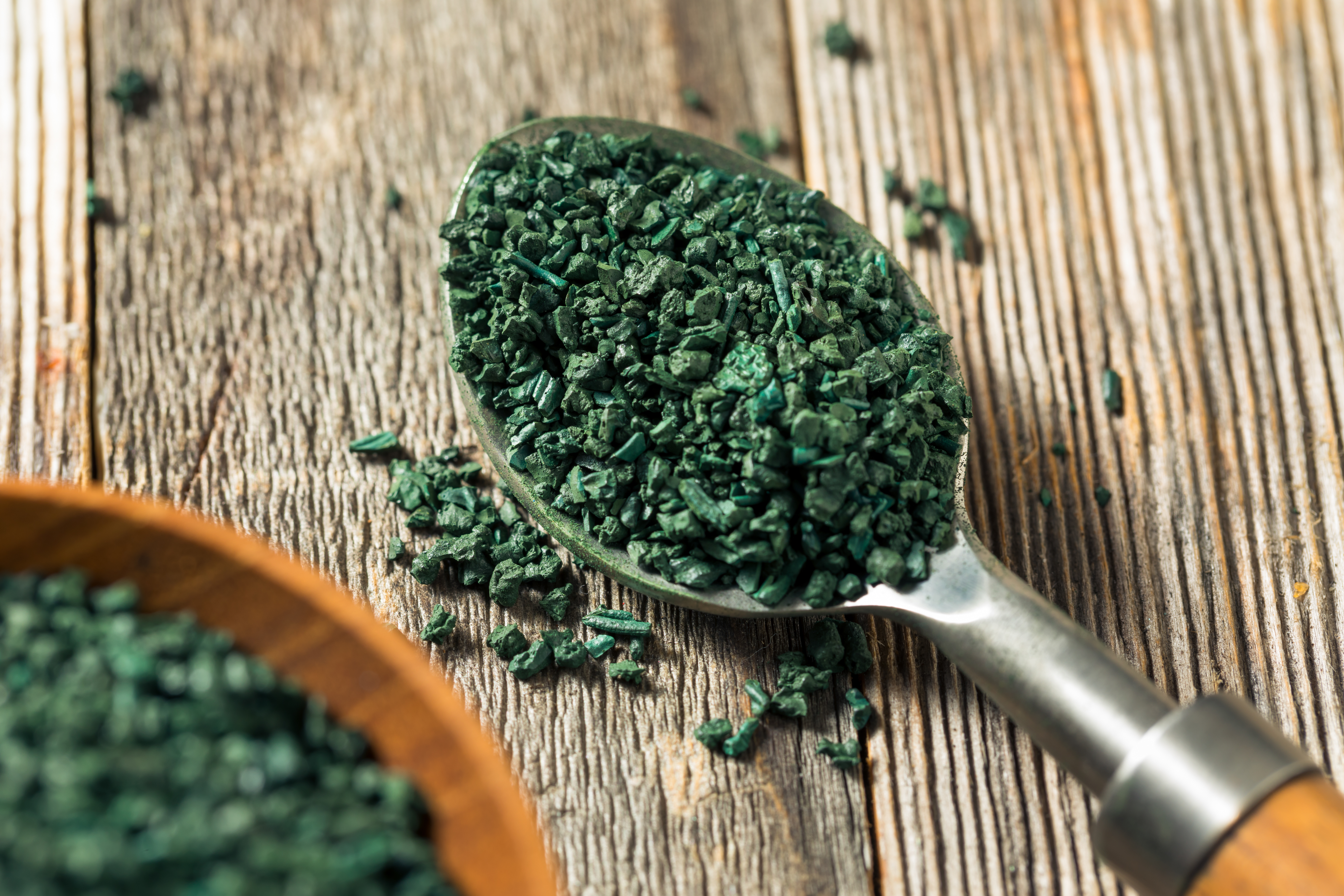
Spirulina, a type of blue-green algae, is a nutritional powerhouse that has been consumed for centuries due to its health benefits. It is incredibly high in protein, containing all the essential amino acids, which makes it an excellent source of plant-based protein. Spirulina is also rich in vitamins B1, B2, and B3, as well as copper and iron, supporting energy production and immune function. The presence of powerful antioxidants like phycocyanin helps to combat oxidative stress and inflammation. Spirulina is typically available in powder or tablet form, and it can be easily added to smoothies, juices, or even sprinkled over salads for a nutritional boost.
3. The Versatile Flaxseed: Tiny Seeds of Power
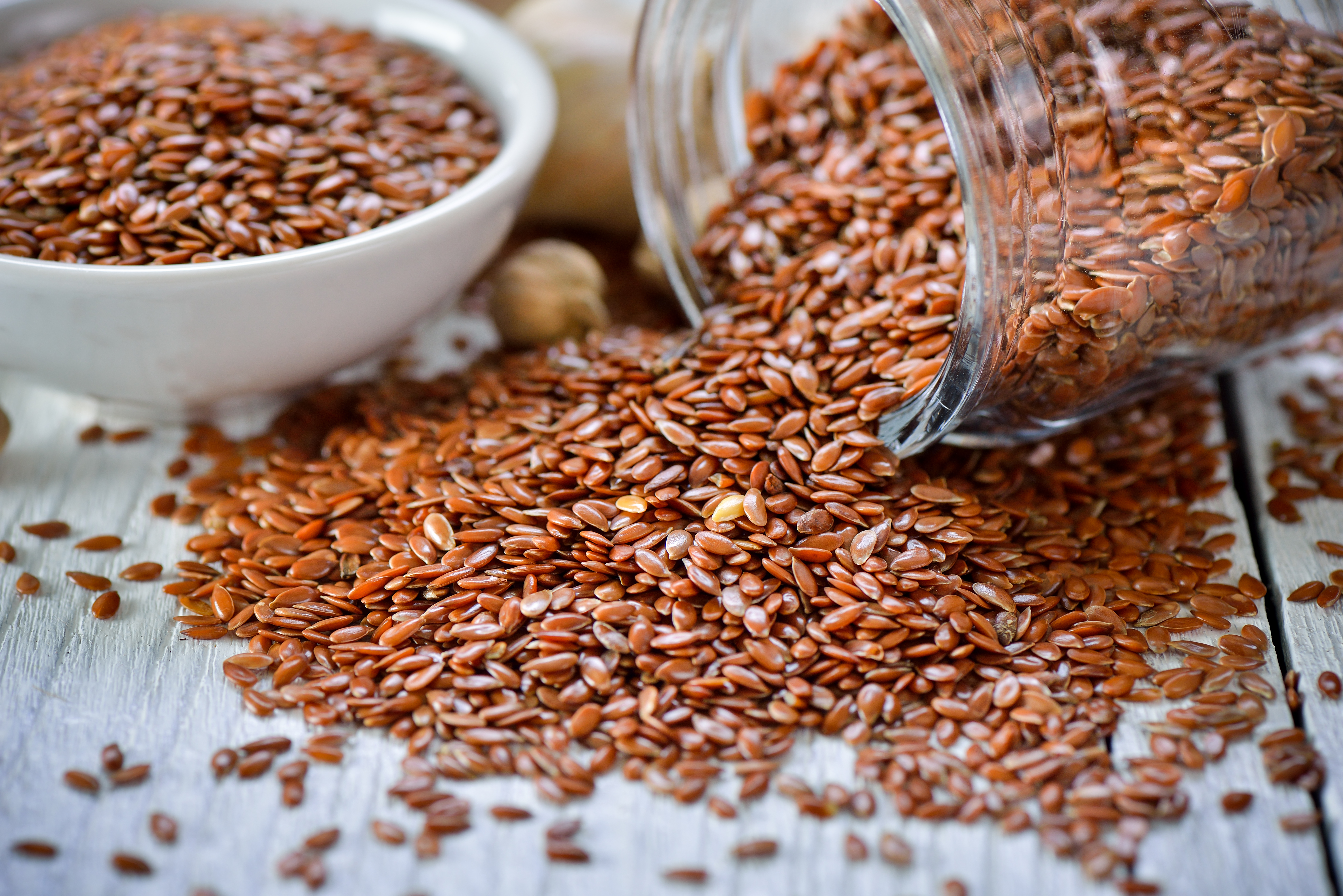
Flaxseeds are small but mighty, offering a wealth of nutritional benefits. These seeds are one of the best plant-based sources of omega-3 fatty acids, which are crucial for heart health. Omega-3s help to reduce inflammation, lower blood pressure, and decrease the risk of chronic diseases such as heart disease and arthritis. Flaxseeds are also high in lignans, a type of antioxidant that has been shown to reduce the risk of cancer. Additionally, they are a good source of dietary fiber, promoting healthy digestion and weight management. Flaxseeds can be easily incorporated into your diet by adding them to cereals, yogurts, or baked goods.
4. Chia Seeds: The Ancient Superfood
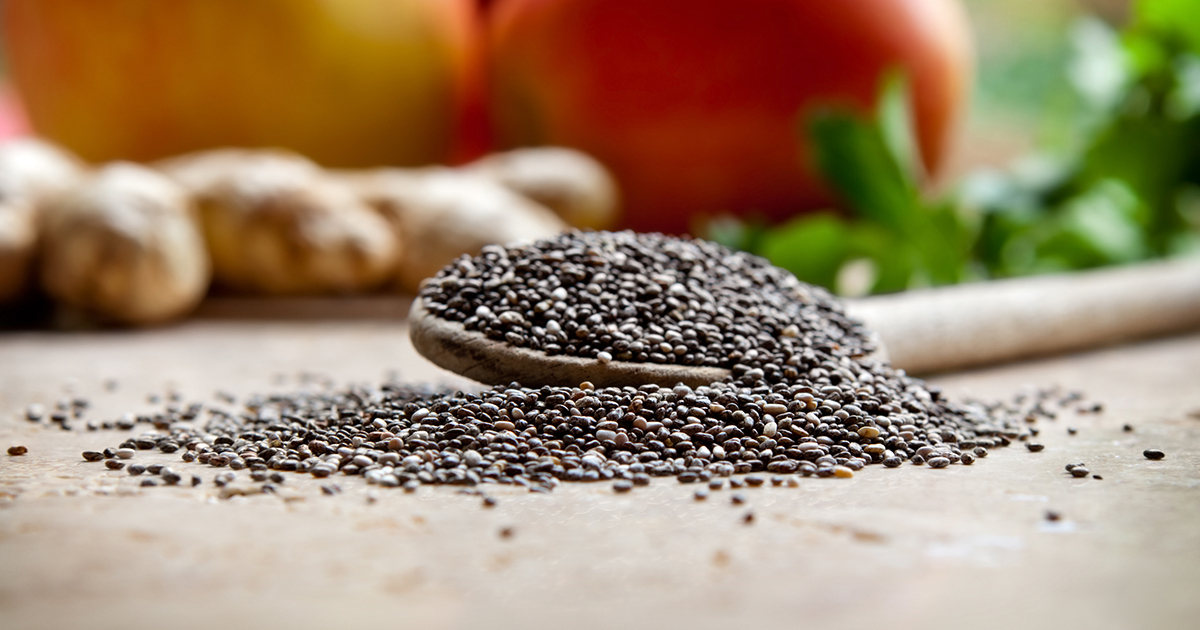
Chia seeds have been consumed for thousands of years, prized by ancient civilizations for their energy-boosting properties. These tiny seeds are packed with nutrients, including omega-3 fatty acids, fiber, protein, and a range of essential minerals such as calcium, magnesium, and phosphorus. The high fiber content of chia seeds aids in digestion and helps to maintain stable blood sugar levels, making them an excellent choice for those managing diabetes. Chia seeds also absorb liquid, expanding in the stomach to promote a feeling of fullness, which can aid in weight management. They can be used in a variety of dishes, from smoothies to puddings, adding both nutrition and texture.
5. The Nutrient-Dense Sweet Potato
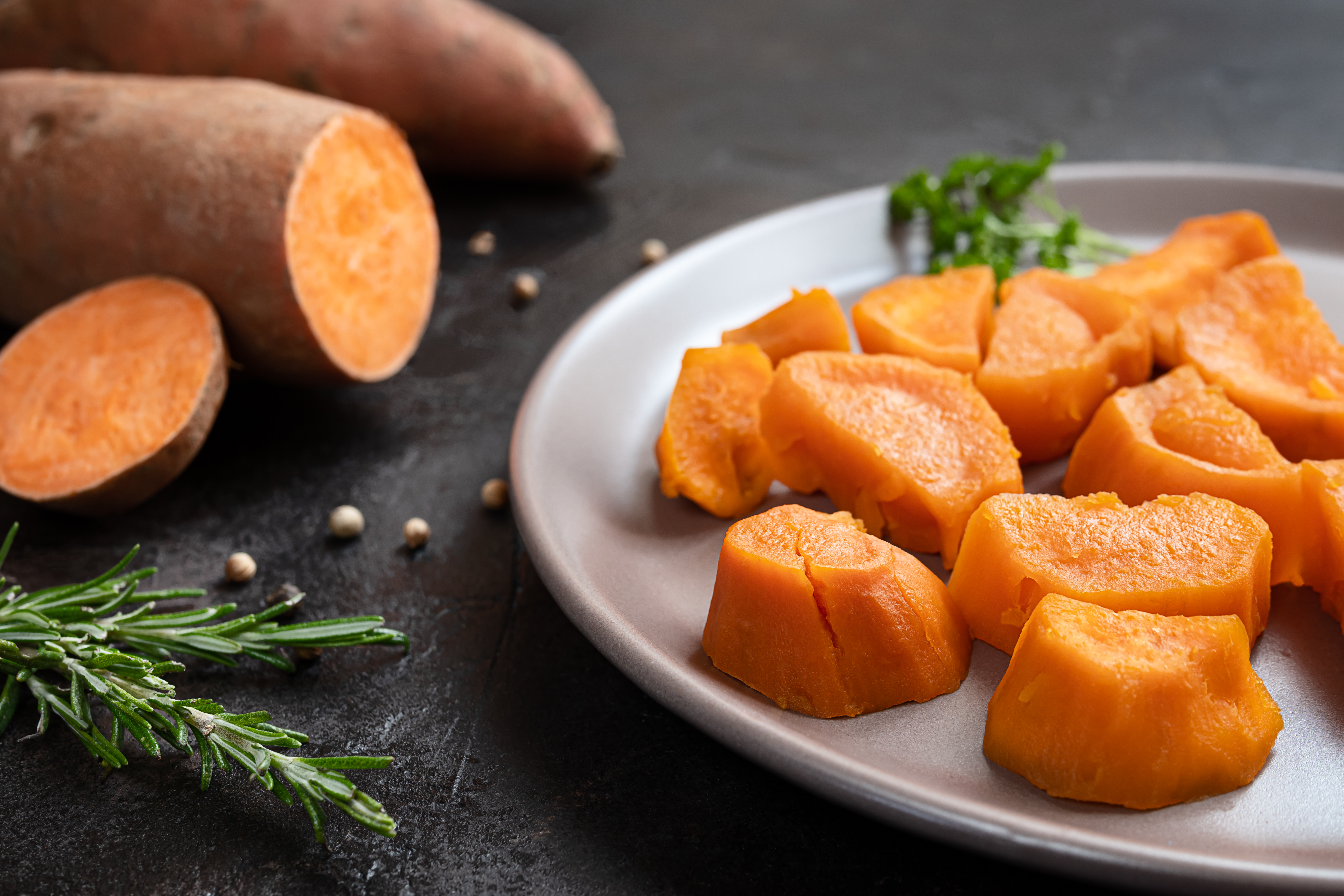
Sweet potatoes are not only delicious but also incredibly nutritious. Rich in beta-carotene, a precursor to vitamin A, sweet potatoes support healthy vision, skin, and immune function. They are also a good source of vitamin C, manganese, and potassium, which help to maintain healthy blood pressure levels. The fiber content in sweet potatoes supports digestive health and can aid in weight management. Sweet potatoes are versatile and can be baked, mashed, or roasted, making them a delightful addition to any meal. Their natural sweetness makes them a favorite among both children and adults, providing a nutritious alternative to regular potatoes.
6. The Humble Lentil: A Protein-Rich Legume
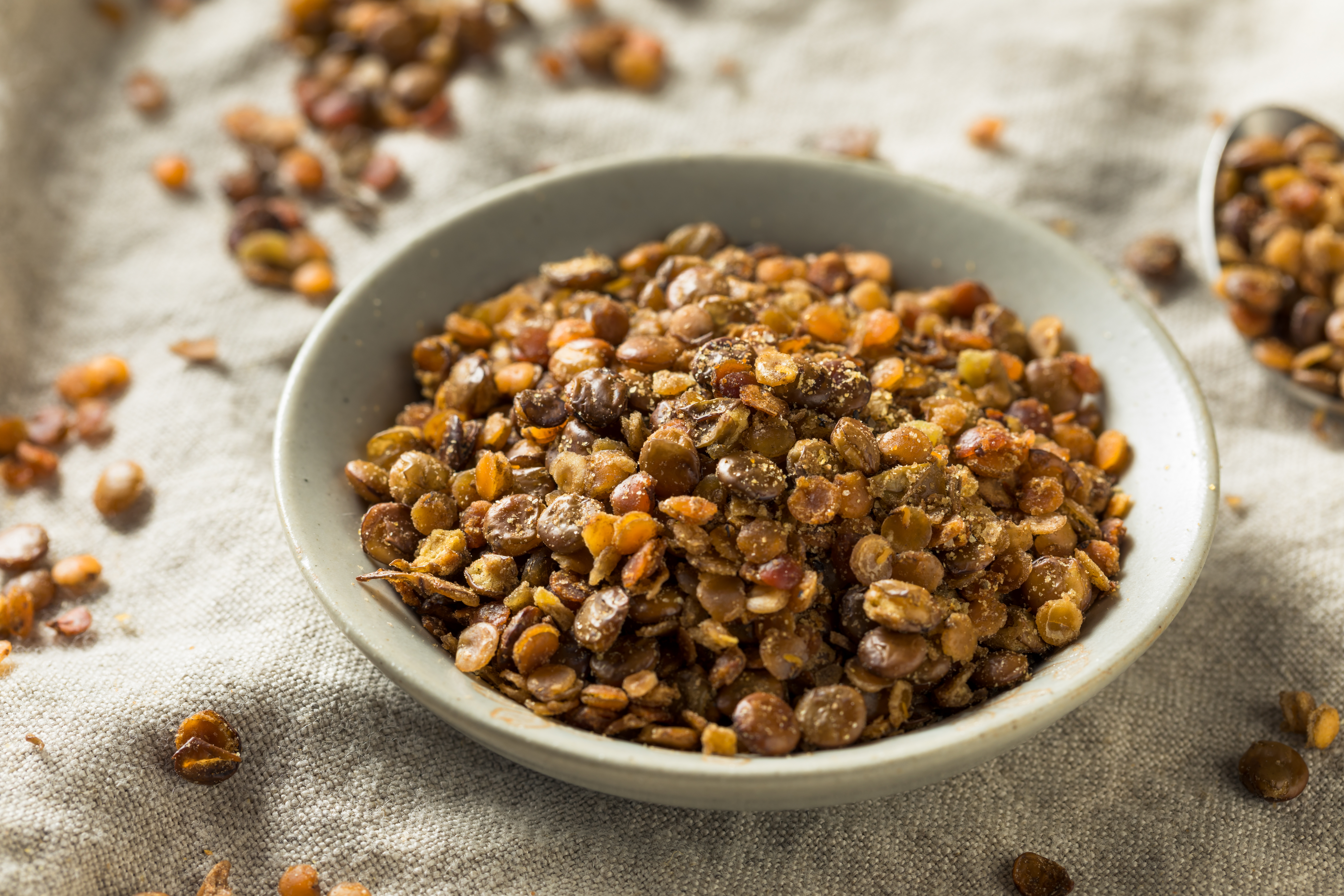
Lentils are a staple in many diets around the world, known for their high protein content and versatility. They are an excellent source of plant-based protein, making them a valuable addition to vegetarian and vegan diets. Lentils are also rich in iron, folate, and fiber, supporting energy production, healthy pregnancy, and digestive health. The soluble fiber in lentils helps to lower cholesterol levels and stabilize blood sugar, reducing the risk of heart disease and diabetes. Lentils can be used in a variety of dishes, from soups and stews to salads and curries, providing a hearty and nutritious meal option.
7. The Omega-3 Rich Walnuts
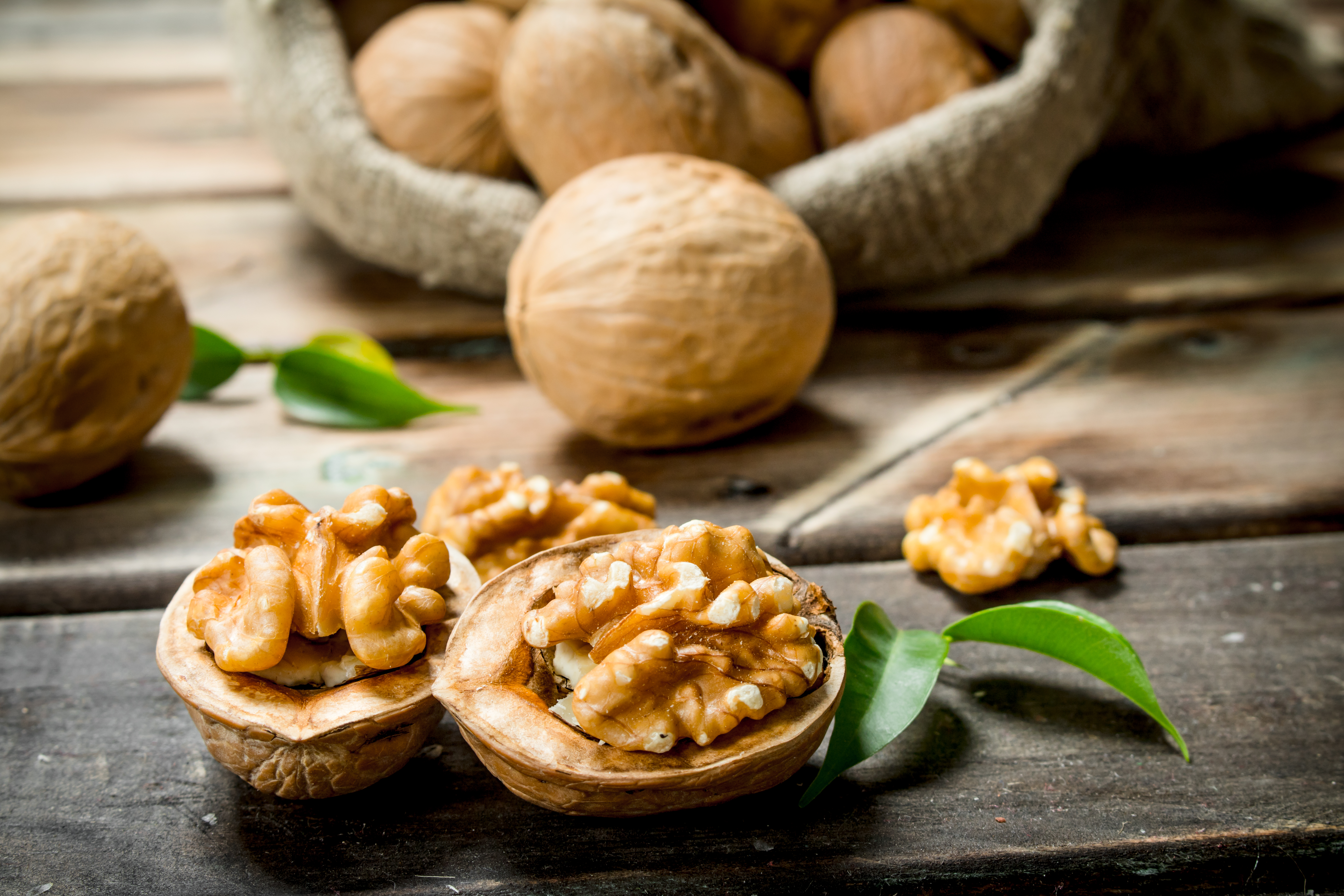
Walnuts are a type of tree nut that is rich in omega-3 fatty acids, making them a heart-healthy snack. These nuts are also high in antioxidants, which help to protect the body from free radical damage and reduce inflammation. Walnuts are a good source of vitamin E, magnesium, and protein, supporting brain health, bone health, and muscle function. Regular consumption of walnuts has been linked to improved cognitive function and a reduced risk of heart disease. They can be eaten on their own as a snack or added to dishes such as salads, oatmeal, or baked goods for a nutritional boost.
8. The Iron-Rich Spinach: A Leafy Green Marvel
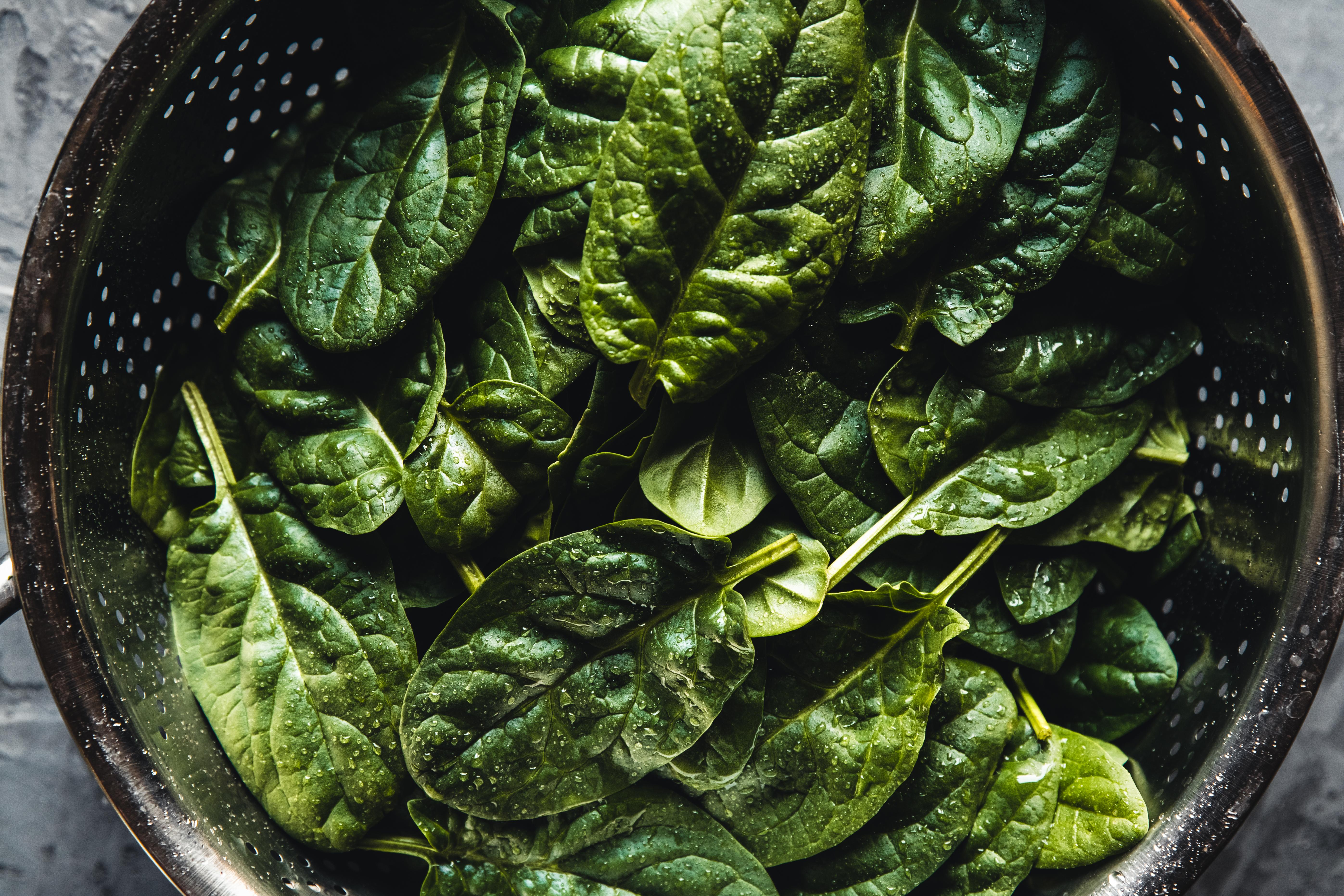
Spinach is a leafy green vegetable that is packed with nutrients, making it a staple in many healthy diets. It is rich in iron, which is essential for the production of hemoglobin and the transport of oxygen in the blood. Spinach is also high in vitamins A, C, and K, as well as folate and calcium, supporting healthy vision, immune function, and bone health. The antioxidants in spinach help to reduce inflammation and protect against chronic diseases. Spinach can be eaten raw in salads, sautéed as a side dish, or blended into smoothies, providing a versatile and nutritious addition to any meal.
9. The Healing Properties of Ginger
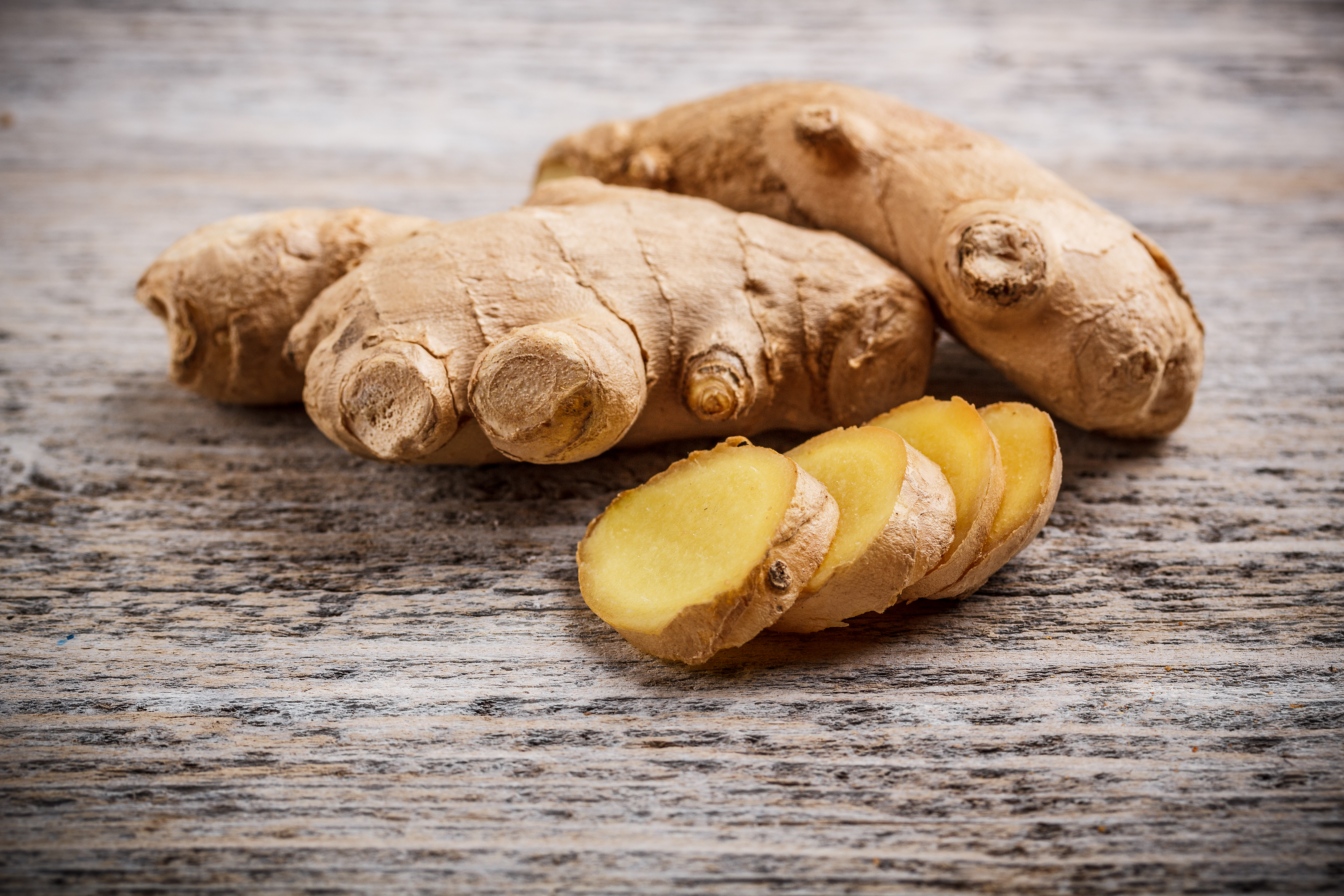
Ginger is a root that has been used for centuries in traditional medicine for its healing properties. It contains bioactive compounds such as gingerol, which have powerful anti-inflammatory and antioxidant effects. Ginger is known to aid digestion, relieve nausea, and reduce muscle pain and soreness. It also supports immune function and can help to lower blood sugar levels. Ginger can be used fresh, dried, or powdered, and it can be added to a variety of dishes, from teas and smoothies to soups and stir-fries, providing both flavor and health benefits.
10. The Antioxidant-Rich Pomegranate
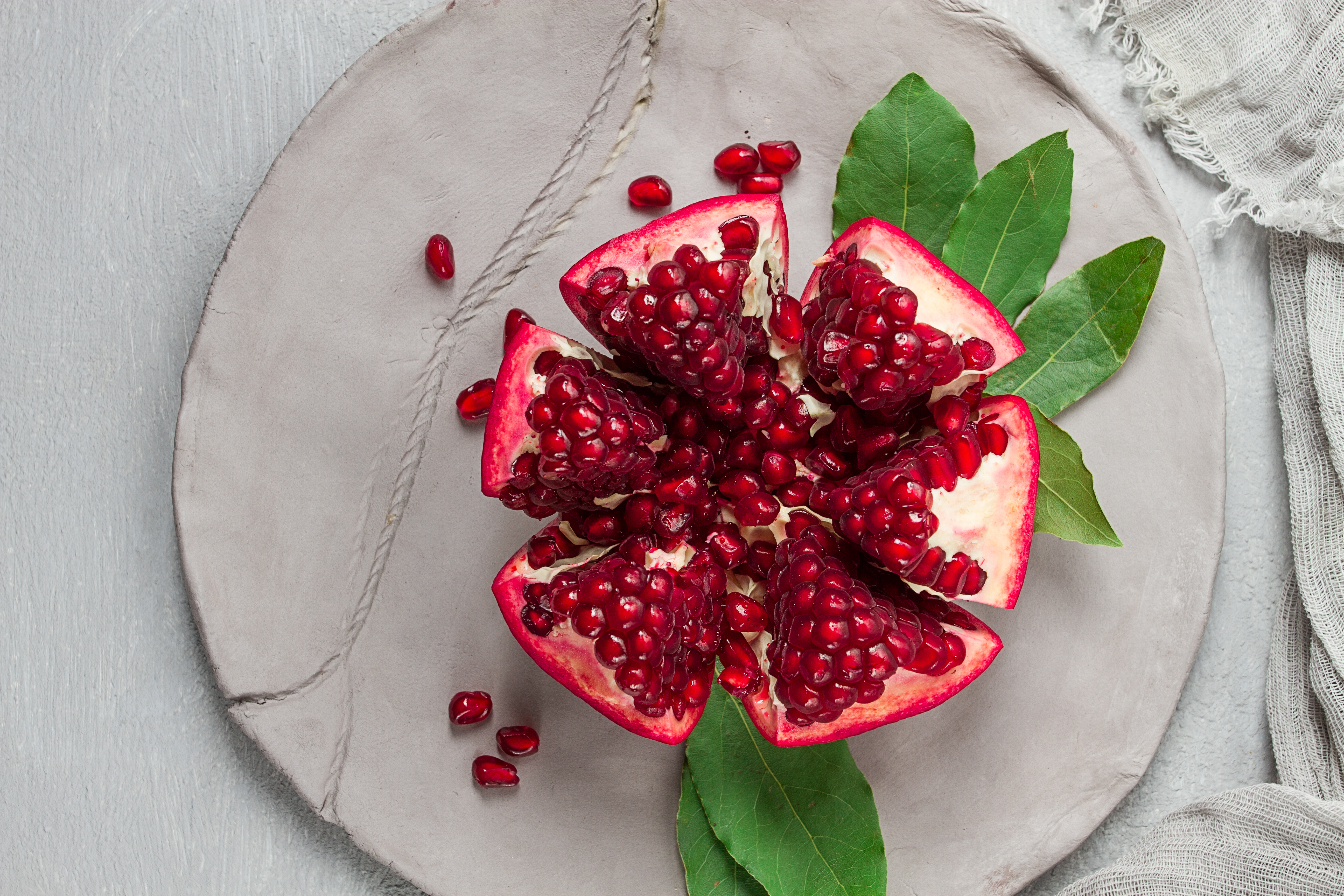
Pomegranates are a fruit that is rich in antioxidants, particularly punicalagins and anthocyanins, which help to protect the body from oxidative stress and inflammation. These antioxidants have been linked to a reduced risk of heart disease, cancer, and other chronic diseases. Pomegranates are also high in vitamins C and K, as well as potassium, supporting immune function, bone health, and heart health. The juice and seeds of the pomegranate can be consumed on their own or added to dishes such as salads, yogurts, or desserts, providing a burst of flavor and nutrition.
11. The Calcium-Packed Sardines

Sardines are a type of oily fish that are rich in calcium, making them an excellent choice for supporting bone health. They are also high in omega-3 fatty acids, which help to reduce inflammation and support heart health. Sardines are a good source of vitamin D, which is essential for calcium absorption and bone health, as well as vitamin B12, which supports energy production and brain health. Sardines can be eaten on their own or added to dishes such as salads, pasta, or sandwiches, providing a nutritious and flavorful meal option.
12. The Nutrient-Rich Seaweed
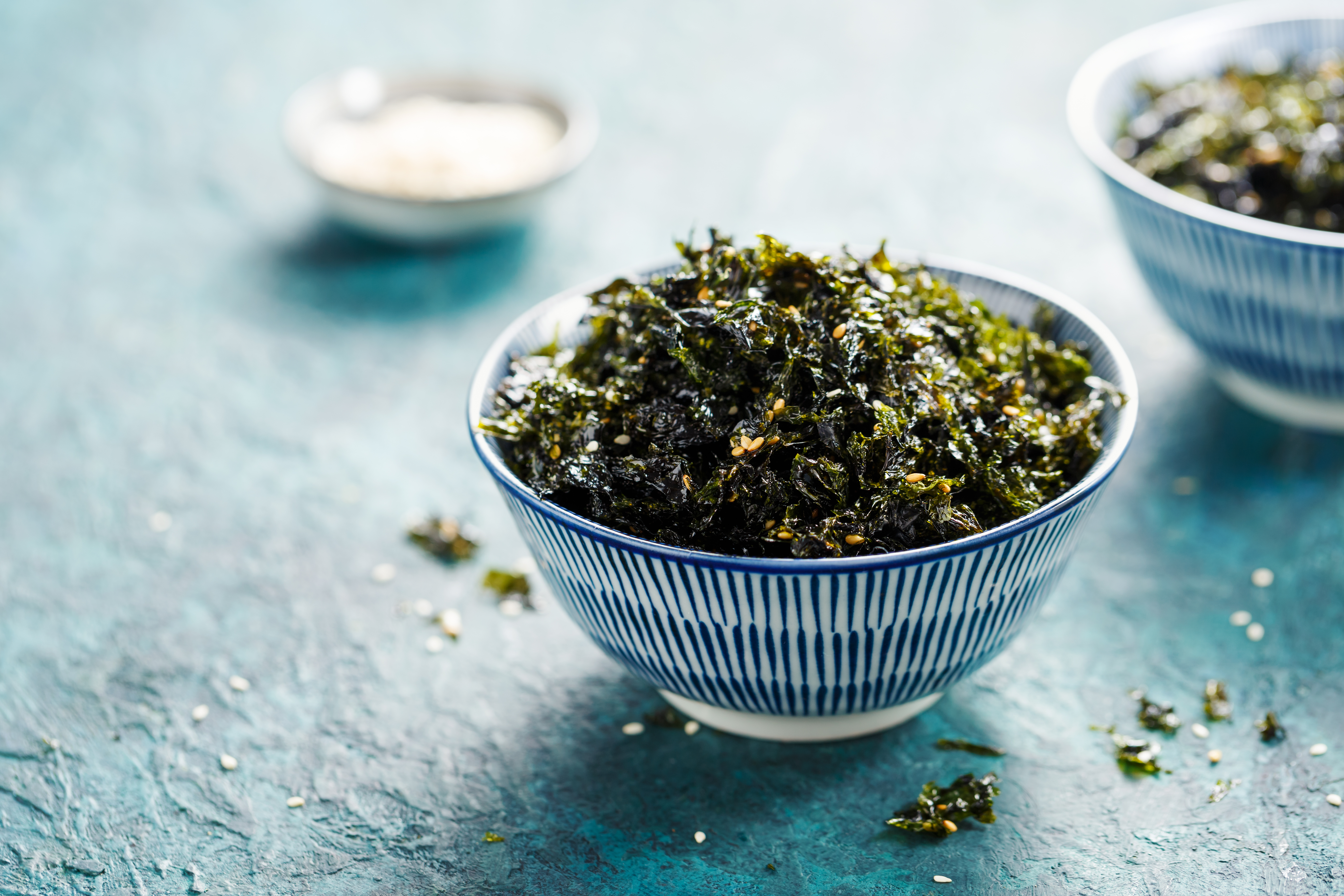
Seaweed is a type of algae that is rich in nutrients, making it a staple in many Asian diets. It is high in iodine, which is essential for thyroid function and metabolism, as well as vitamins A, C, and E, supporting immune function and skin health. Seaweed is also a good source of calcium, magnesium, and iron, supporting bone health, muscle function, and energy production. The antioxidants in seaweed help to reduce inflammation and protect against chronic diseases. Seaweed can be consumed in various forms, including dried sheets, powders, or supplements, and it can be added to dishes such as soups, salads, or sushi.
Embracing Nutritional Diversity
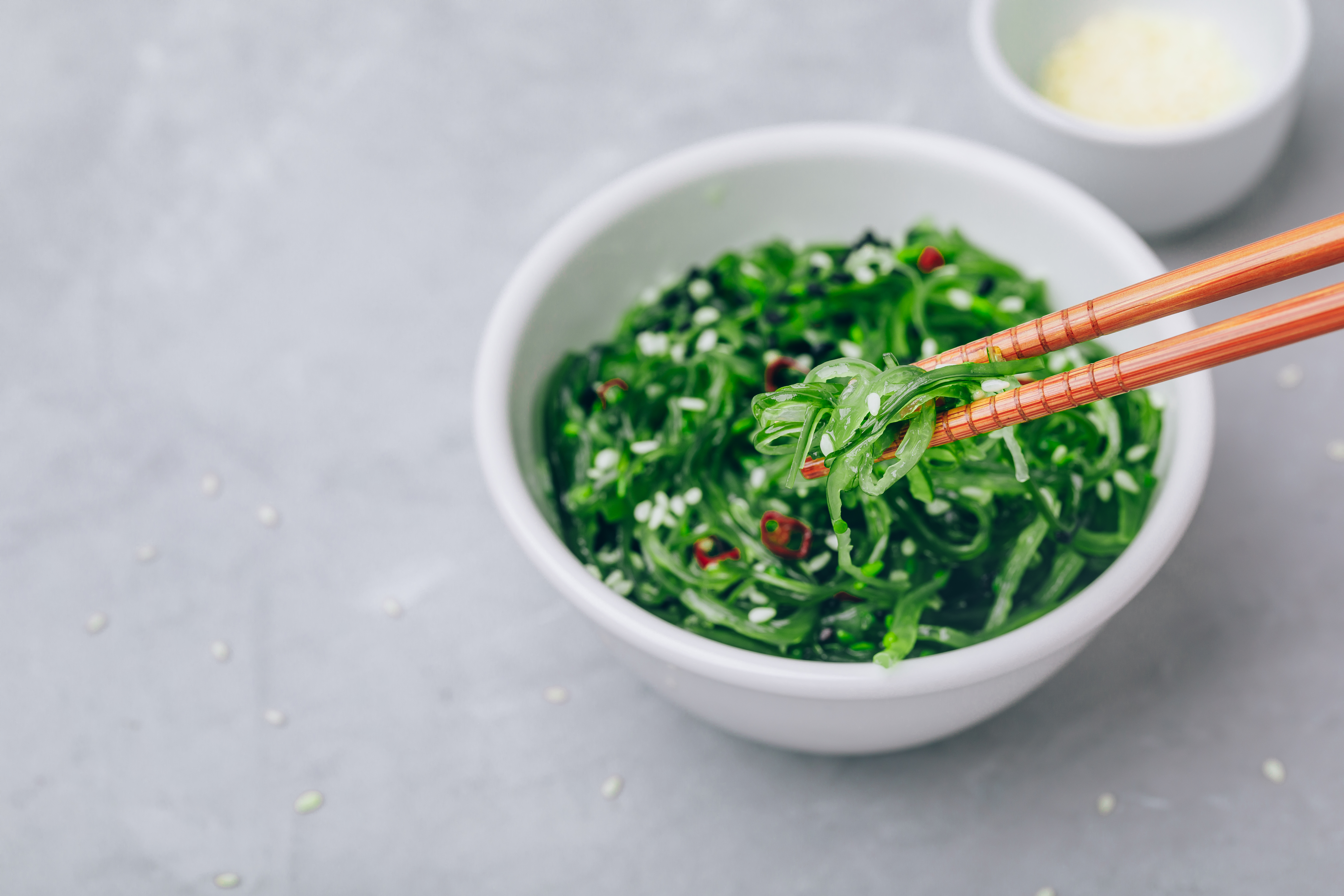
The exploration of these 12 hidden powerhouses of nutrition reveals the vast diversity and richness of the natural world. Each food offers unique benefits, contributing to a well-rounded and balanced diet. By incorporating these nutrient-dense foods into your meals, you can enhance your overall health and well-being. Embracing nutritional diversity not only supports physical health but also enriches your culinary experiences, introducing new flavors and textures to your palate. As you embark on your nutritional journey, remember that the key to optimal health lies in variety and balance, and these hidden powerhouses are a testament to the incredible potential of nature's bounty.